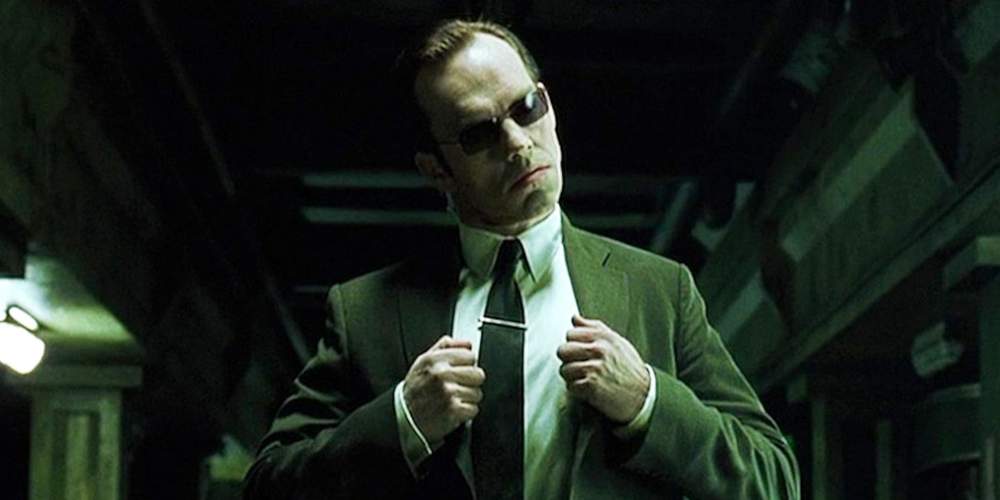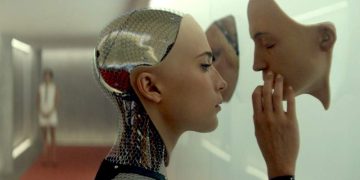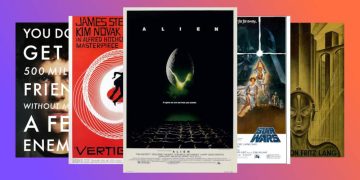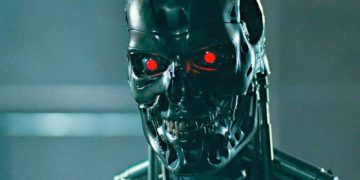What's the difference between a villain and an anti-villain? Whereas traditional villains conjure up mental images of moustache-twirling, cloak-wearing men with women tied to railway tracks, anti-villains are more complex and not as outright evil.
Anti-villains aren't complete antitheses to heroes. They're troubled individuals who are driven (or stuck) with no other choice than to pursue their purposes. They've gotten lost along their journeys, performing terrible acts of morally gray atrocities against their better judgment.
Anti-villains are particularly prominent in science fiction, a genre that dominates modern cinema. Of the top ten highest-grossing movies of all time, seven are sci-fi films—and each one features an anti-villain who's driven toward a reasonable but twisted purpose.
Here are the best anti-villains in sci-fi movies and what makes each one so enduring, memorable, and compelling.
8. Dr. Mann (Interstellar)
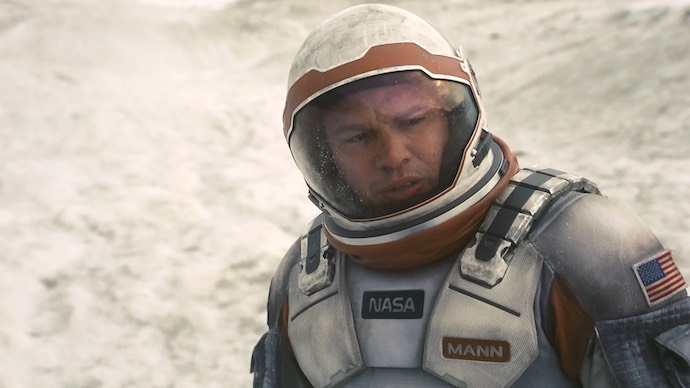
The second we see Dr. Mann wake from his sleep—with Cooper, Brand, and TARS all standing around—we could tell something wasn't right with the lost human. He explains the true meaning of their mission, and his motives become less clear as he tells them his planet is habitable.
Of course, it isn't. The real truth behind Mann is that he's been driven insane by isolation and the knowledge that his planet isn't habitable. He's left to die on a far-off world that's harsh and unwelcoming—and in his madness, he's signaled home for rescue.
Dr. Mann isn't completely evil. He simply became unstable because he never considered his chances of being left alone to die as significant.
7. Ozymandias (Watchmen)
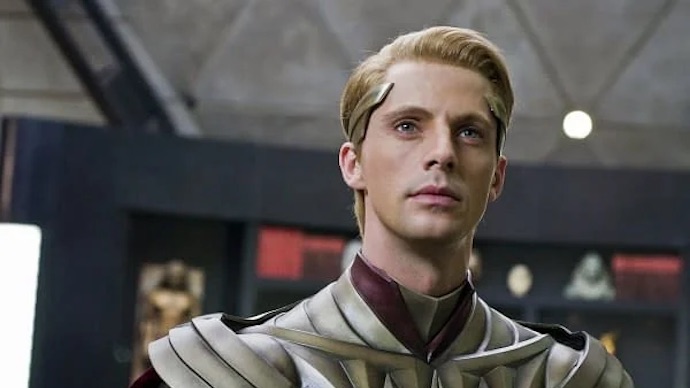
In the graphic novel Watchmen, Adrian Veidt is the wealthiest and most intelligent person on Earth. He's a man who once operated as a hero under the alias Ozymandias, blessed with ferocious speed to the point that he can catch bullets.
Throughout the story, he's working with Dr. Manhattan to provide Earth with an unlimited energy resource in an effort to end tensions with the Soviet Union. Adrian is a trusted friend of Nite Owl and a colleague of Rorschach, neither of whom suspect that he's up to something different.
However, the pair eventually discover Adrian's treachery—and they go to Antarctica to confront him. Though they're much too late, Ozymandias has initiated his plan and killed millions in major cities worldwide.
He didn't do it for personal gain or bloodlust. He did it so he could blame the immortal Dr. Manhattan and turn him into a common enemy—one that would bring the world back from the brink of nuclear war. He killed much of humanity, but also saved humanity by doing so.
6. AUTO (WALL-E)
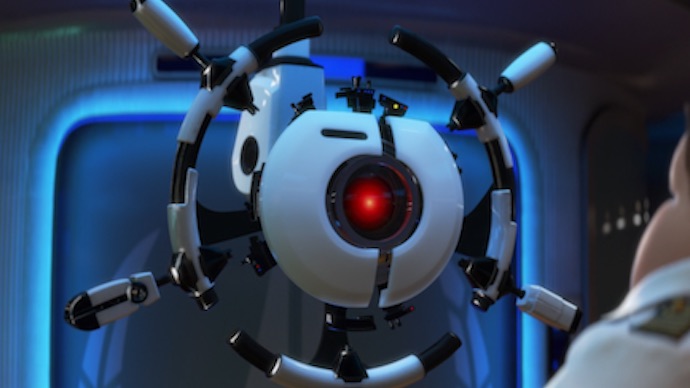
When WALL-E finds a living plant in a boot, the adorable trash robot thinks little of it but keeps it for his collection. That's before Eve arrives and WALL-E falls hopelessly in love with her. When Eve discovers the plant, she takes it and shuts down.
The plant is Eve's mission: it's proof that Earth is habitable once again. Unfortunately, the ship's autopilot (AUTO) seems hell-bent on keeping humanity in the dark over the plant's existence.
AUTO orders Wall-E to be destroyed and for Eve to be deconstructed so the evidence of Earth's regenation can be kept secret.
When pressured, AUTO reveals that his directive is to keep humanity safe and away from the dead planet. We learn that there's a second set of instructions, showing Earth is no longer safe for humans. In short, the robot is trying to stop the end of the species.
5. Thanos (Avengers: Infinity War)
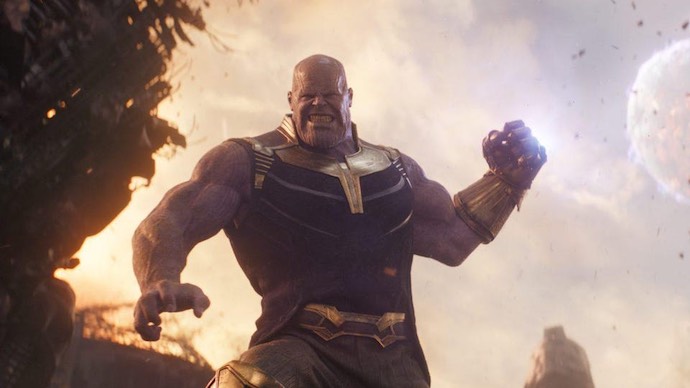
Thanos was "only" Marvel's decade-long villain in the making, so no pressure on Josh Brolin. When the Titan did arrive, audiences were stunned by the motivations behind his genocidal plan.
He didn't believe in death. He wasn't trying to prove a point to anybody. He had done all of his calculations on what needed doing and decided that half of all life needed to be wiped out so that the remaining half would have enough resources to thrive.
Of course, he didn't account for the resistance he'd encounter once his mission was complete. So while Thanos' intentions were horribly skewed, his goal wasn't to conquer the universe; he essentially sought a way to live life without fear of starvation.
4. Darth Vader (Star Wars)
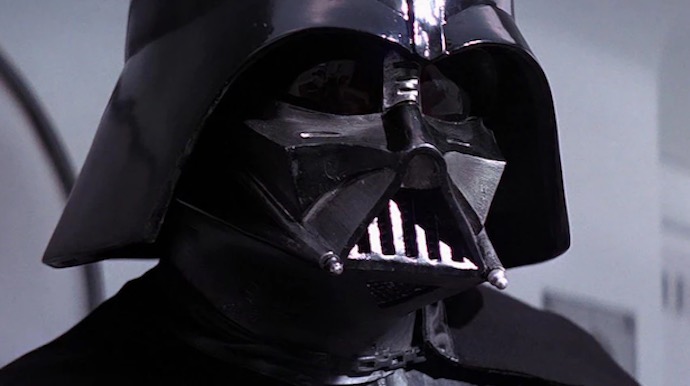
Darth Vader is arguably the most iconic villain in cinematic history. What made Darth Vader's character so compelling is that he was indeed the father of the principal hero of the saga.
Of course, Vader's story has become almost Shakespearean in time. It's one of the most famous modern stories to have ever existed, as the once-powerful Jedi fell to the Dark Side of the Force.
Anakin Skywalker's dreams of Padme dying prompted his turn, and he thought he could protect her from death by giving in to the manipulative Darth Sidious. However, Padme died in childbirth anyway, leaving Anakin destroyed and only Darth Vader remaining.
What makes him a great anti-villain is that he still has good in him, and—upon seeing his son tortured by the Emperor—he eventually redeems himself by saving Luke and killing Palpatine.
3. Killmonger (Black Panther)
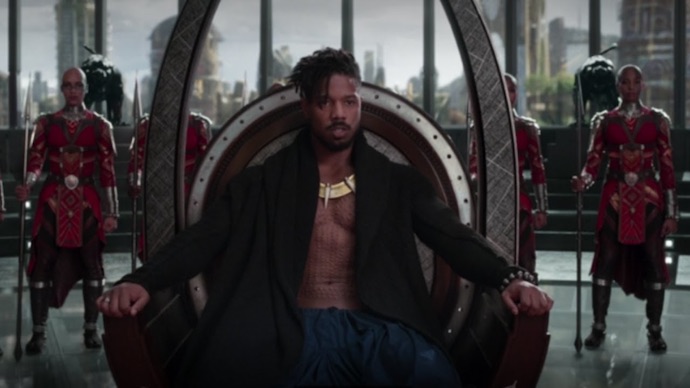
Thanos was great in the Marvel Cinematic Universe, but when it comes to MCU anti-villains, nobody comes close to Erik Killmonger.
What drove Killmonger to success wasn't the belief that those responsible should die; it was his father's belief that Wakanda could use its technological advancements to end racial subjugation worldwide.
Though his plan involved the deaths of countless people and would have killed countless more in conflict, Erik's ideals weren't misplaced—at worst, they were misguided.
He wanted to end the inherently evil treatment of an entire race of people. His passion and loss drove him to war, but inside himself he was one step from being the good guy.
2. Agent Smith (The Matrix)
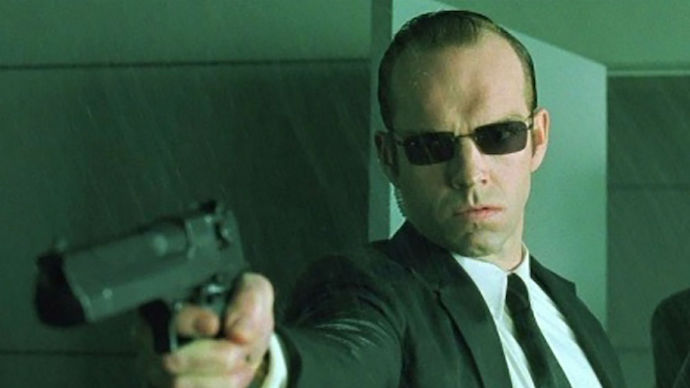
Many would only ever consider Agent Smith to be a relentless and unwavering program, one that personally wanted to kill Neo and take control of The Matrix.
However, digging deeper into Agent Smith reveals that his motive wasn't simply to take over The Matrix from humans—he also wanted to take The Matrix from the machines.
As a program that copied itself so many times that it infected the concept of The Matrix, Agent Smith's goals were laid out to Morpheus when he began torturing him. Smith wanted freedom. He wanted out of the system, to experience the real world without the machines' control.
In the end, Agent Smith became a program that developed artificial awareness, from a base-code that had only sent him into The Matrix to destroy those that existed in the real world. A hamster trapped in a never-ending cycle of violence.
1. Roy Batty (Blade Runner)
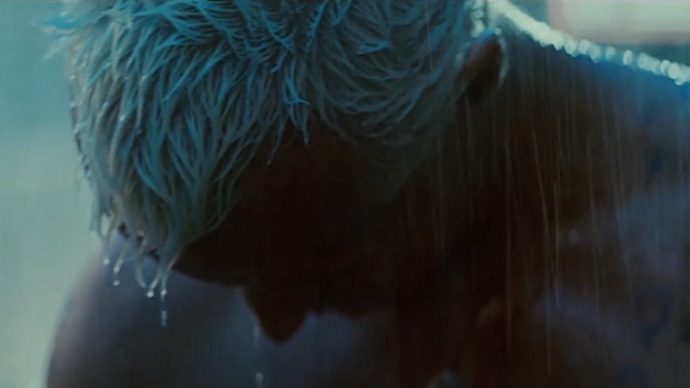
Roy Batty was an android that found profound meaning at the end of its life. Looking into the eyes of its hunter, he knew that anything more—more destruction and death—had no further purpose or gain.
Roy's story is one of sci-fi cinema's greatest tragedies. Cursed with a four-year lifespan, he sought a way to extend his years so that he (and his friends) could exist as beings, rather than as slaves for labor.
On the surface, Roy is intelligent, strong, and willing to do anything to achieve his goal. But all his searching leads to nought when his creator Dr. Tyrell tells him that his request for further life is impossible.
In anger, he kills Tyrell and J.F. Sebastian for their roles in creating him, before going home—only to find Deckard has killed Pris and is waiting for him. Their chase through a condemned building leads to Deckard dangling from a roof after escaping Roy.
Upon seeing his enemy beaten, Roy pulls Deckard to safety and tells him of his life. In that moment, Roy became more human than even Deckard, knowing that further death was meaningless. He spent his last moments in peace before dying of old age.
